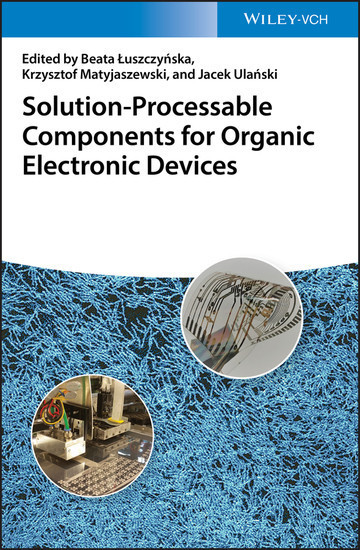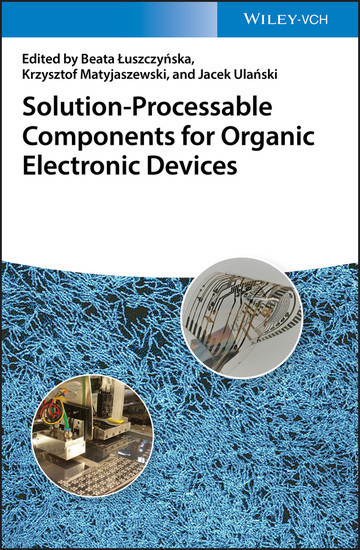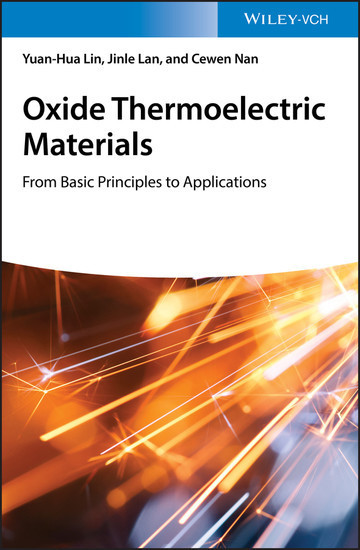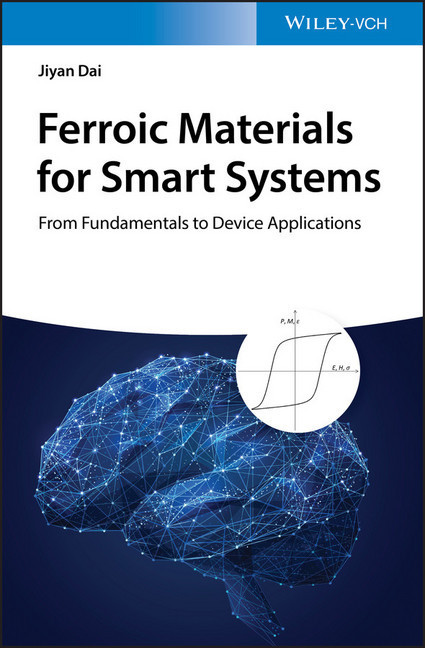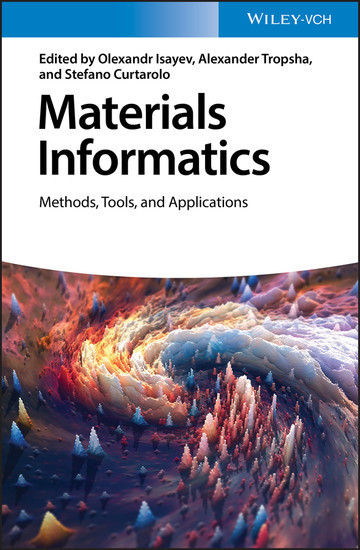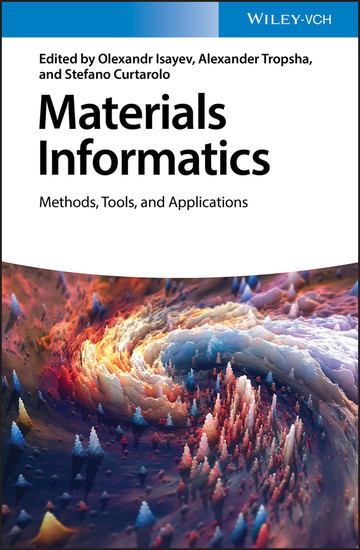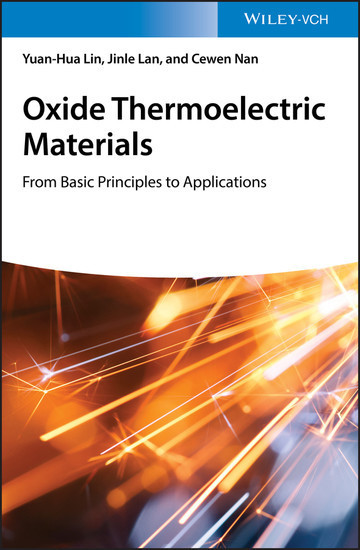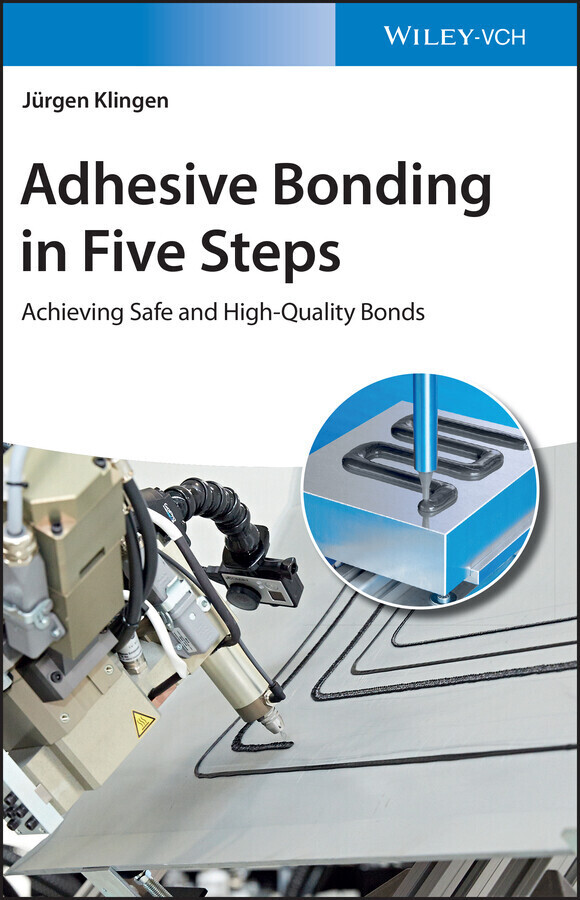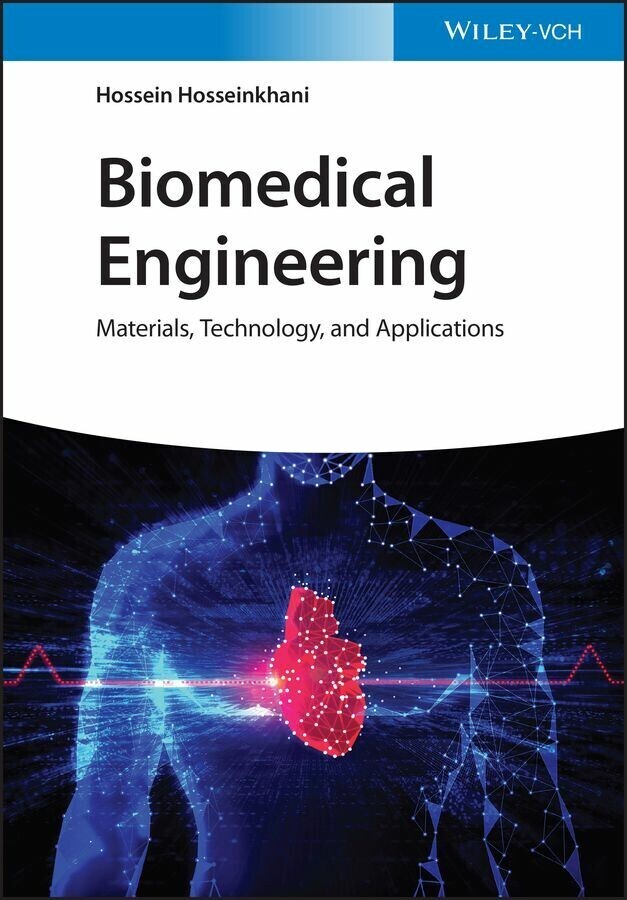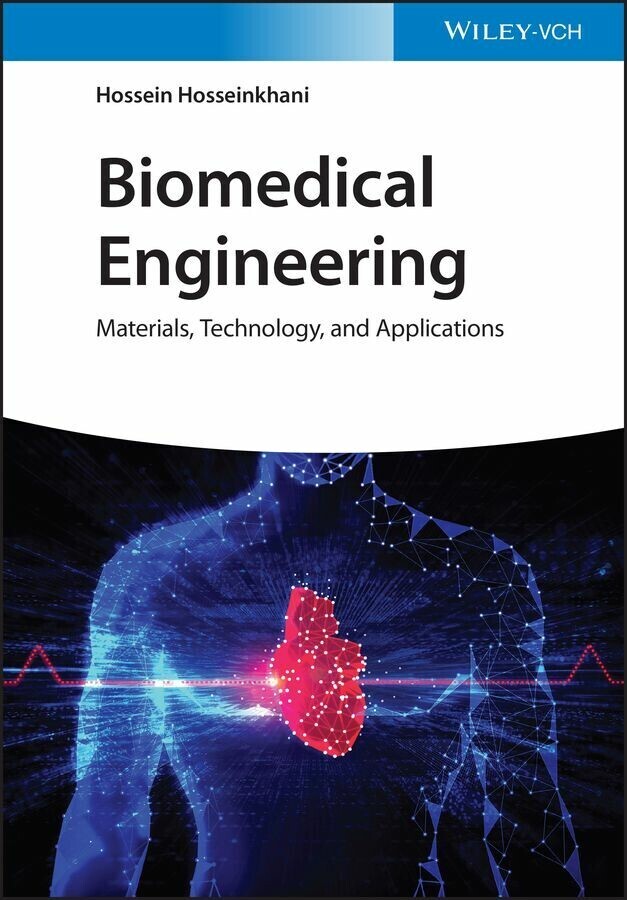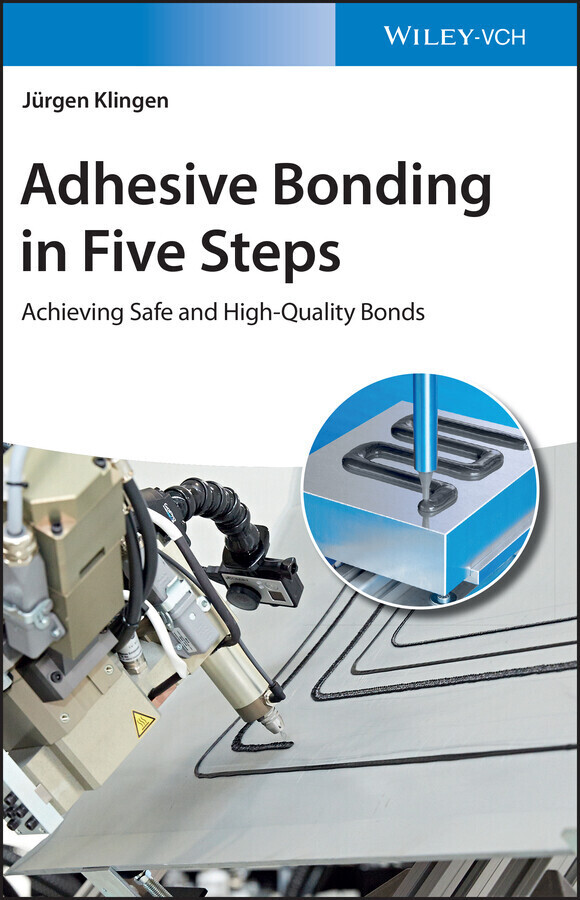Solution-Processable Components for Organic Electronic Devices
Provides first-hand insights into advanced fabrication techniques for solution processable organic electronics materials and devices
The field of printable organic electronics has emerged as a technology which plays a major role in materials science research and development. Printable organic electronics soon compete with, and for specific applications can even outpace, conventional semiconductor devices in terms of performance, cost, and versatility. Printing techniques allow for large-scale fabrication of organic electronic components and functional devices for use as wearable electronics, health-care sensors, Internet of Things, monitoring of environment pollution and many others, yet-to-be-conceived applications. The first part of Solution-Processable Components for Organic Electronic Devices covers the synthesis of: soluble conjugated polymers; solution-processable nanoparticles of inorganic semiconductors; high-k nanoparticles by means of controlled radical polymerization; advanced blending techniques yielding novel materials with extraordinary properties. The book also discusses photogeneration of charge carriers in nanostructured bulk heterojunctions and charge carrier transport in multicomponent materials such as composites and nanocomposites as well as photovoltaic devices modelling. The second part of the book is devoted to organic electronic devices, such as field effect transistors, light emitting diodes, photovoltaics, photodiodes and electronic memory devices which can be produced by solution-based methods, including printing and roll-to-roll manufacturing.
The book provides in-depth knowledge for experienced researchers and for those entering the field. It comprises 12 chapters focused on:
? novel organic electronics components synthesis and solution-based processing techniques
? advanced analysis of mechanisms governing charge carrier generation and transport in organic semiconductors and devices
? fabrication techniques and characterization methods of organic electronic devices
Providing coverage of the state of the art of organic electronics, Solution-Processable
Components for Organic Electronic Devices is an excellent book for materials scientists, applied physicists, engineering scientists, and those working in the electronics industry.
Jacek Ulanski is Full Professor and Head of the Department of Molecular Physics at the Lodz University of Technology, Poland. The main research activities of his group cover organic and hybrid materials and components for organic electric, including synthesis, characterization and modeling and simulation.
Beata Luszczynska is post-doctoral researcher at the Lodz University of Technology, Poland. Her research area is the investigation of organic and hybrid materials for application in electronics and optoelectronics.
Krzysztof Matyjaszewski is J.C. Warner Professor of Natural Sciences at Carnegie Mellon University in Pittsburgh, USA, and also adjunct Professor at the Polish Academy of Sciences. His research focus is on macromolecular engineering, especially on the synthesis of well-defined copolymers using atom transfer radical polymerization and other controlled/living polymerization techniques. He is a member of the US National Academy of Engineering and the Polish Academy of Sciences and is the editor of the journals Progress in Polymer Science and Central European Journal of Chemistry.
The field of printable organic electronics has emerged as a technology which plays a major role in materials science research and development. Printable organic electronics soon compete with, and for specific applications can even outpace, conventional semiconductor devices in terms of performance, cost, and versatility. Printing techniques allow for large-scale fabrication of organic electronic components and functional devices for use as wearable electronics, health-care sensors, Internet of Things, monitoring of environment pollution and many others, yet-to-be-conceived applications. The first part of Solution-Processable Components for Organic Electronic Devices covers the synthesis of: soluble conjugated polymers; solution-processable nanoparticles of inorganic semiconductors; high-k nanoparticles by means of controlled radical polymerization; advanced blending techniques yielding novel materials with extraordinary properties. The book also discusses photogeneration of charge carriers in nanostructured bulk heterojunctions and charge carrier transport in multicomponent materials such as composites and nanocomposites as well as photovoltaic devices modelling. The second part of the book is devoted to organic electronic devices, such as field effect transistors, light emitting diodes, photovoltaics, photodiodes and electronic memory devices which can be produced by solution-based methods, including printing and roll-to-roll manufacturing.
The book provides in-depth knowledge for experienced researchers and for those entering the field. It comprises 12 chapters focused on:
? novel organic electronics components synthesis and solution-based processing techniques
? advanced analysis of mechanisms governing charge carrier generation and transport in organic semiconductors and devices
? fabrication techniques and characterization methods of organic electronic devices
Providing coverage of the state of the art of organic electronics, Solution-Processable
Components for Organic Electronic Devices is an excellent book for materials scientists, applied physicists, engineering scientists, and those working in the electronics industry.
Jacek Ulanski is Full Professor and Head of the Department of Molecular Physics at the Lodz University of Technology, Poland. The main research activities of his group cover organic and hybrid materials and components for organic electric, including synthesis, characterization and modeling and simulation.
Beata Luszczynska is post-doctoral researcher at the Lodz University of Technology, Poland. Her research area is the investigation of organic and hybrid materials for application in electronics and optoelectronics.
Krzysztof Matyjaszewski is J.C. Warner Professor of Natural Sciences at Carnegie Mellon University in Pittsburgh, USA, and also adjunct Professor at the Polish Academy of Sciences. His research focus is on macromolecular engineering, especially on the synthesis of well-defined copolymers using atom transfer radical polymerization and other controlled/living polymerization techniques. He is a member of the US National Academy of Engineering and the Polish Academy of Sciences and is the editor of the journals Progress in Polymer Science and Central European Journal of Chemistry.
Ulanski, Jacek
Luszczynska, Beata
Matyjaszewski, Krzysztof
| ISBN | 9783527814954 |
|---|---|
| Artikelnummer | 9783527814954 |
| Medientyp | E-Book - ePUB |
| Copyrightjahr | 2019 |
| Verlag | Wiley-VCH |
| Umfang | 448 Seiten |
| Sprache | Englisch |
| Kopierschutz | Adobe DRM |

